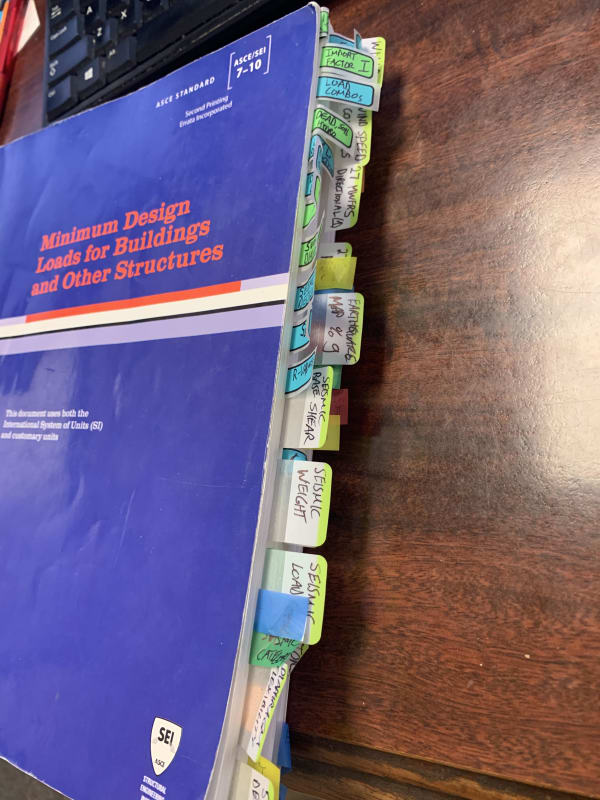Struct_Dre
Structural
- Mar 29, 2019
- 48
Hello All!
I am preparing to take the PE Civil Structural exam for the first time in October 2021. Please reply with what each of you used to study and pass the exam. I have found a lot of engineers who recommend the CERM book and NCEES Civil Structural Practice Exam book. I have also seen others who benefitted from taking online courses, School of PE for example. I would like to try the School of PE course, but it is very expensive (about $1,900!). Any tips, tricks, or advice is welcome!
I am a bit nervous and I would like to avoid unnecessarily spending heaps of money. If any of you studied on your own, what books did you use to practice and how long did you study before taking the test?
I am preparing to take the PE Civil Structural exam for the first time in October 2021. Please reply with what each of you used to study and pass the exam. I have found a lot of engineers who recommend the CERM book and NCEES Civil Structural Practice Exam book. I have also seen others who benefitted from taking online courses, School of PE for example. I would like to try the School of PE course, but it is very expensive (about $1,900!). Any tips, tricks, or advice is welcome!
I am a bit nervous and I would like to avoid unnecessarily spending heaps of money. If any of you studied on your own, what books did you use to practice and how long did you study before taking the test?

